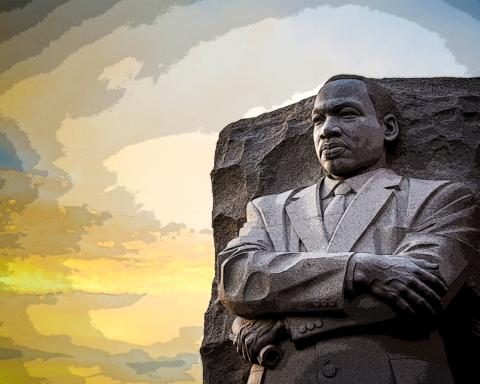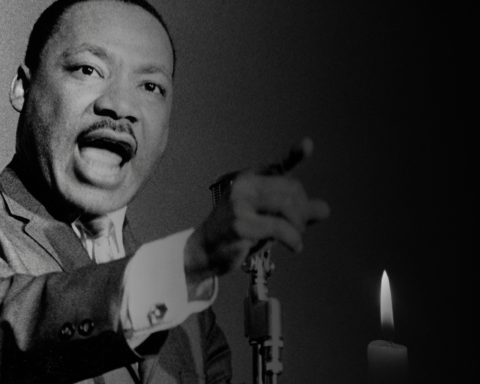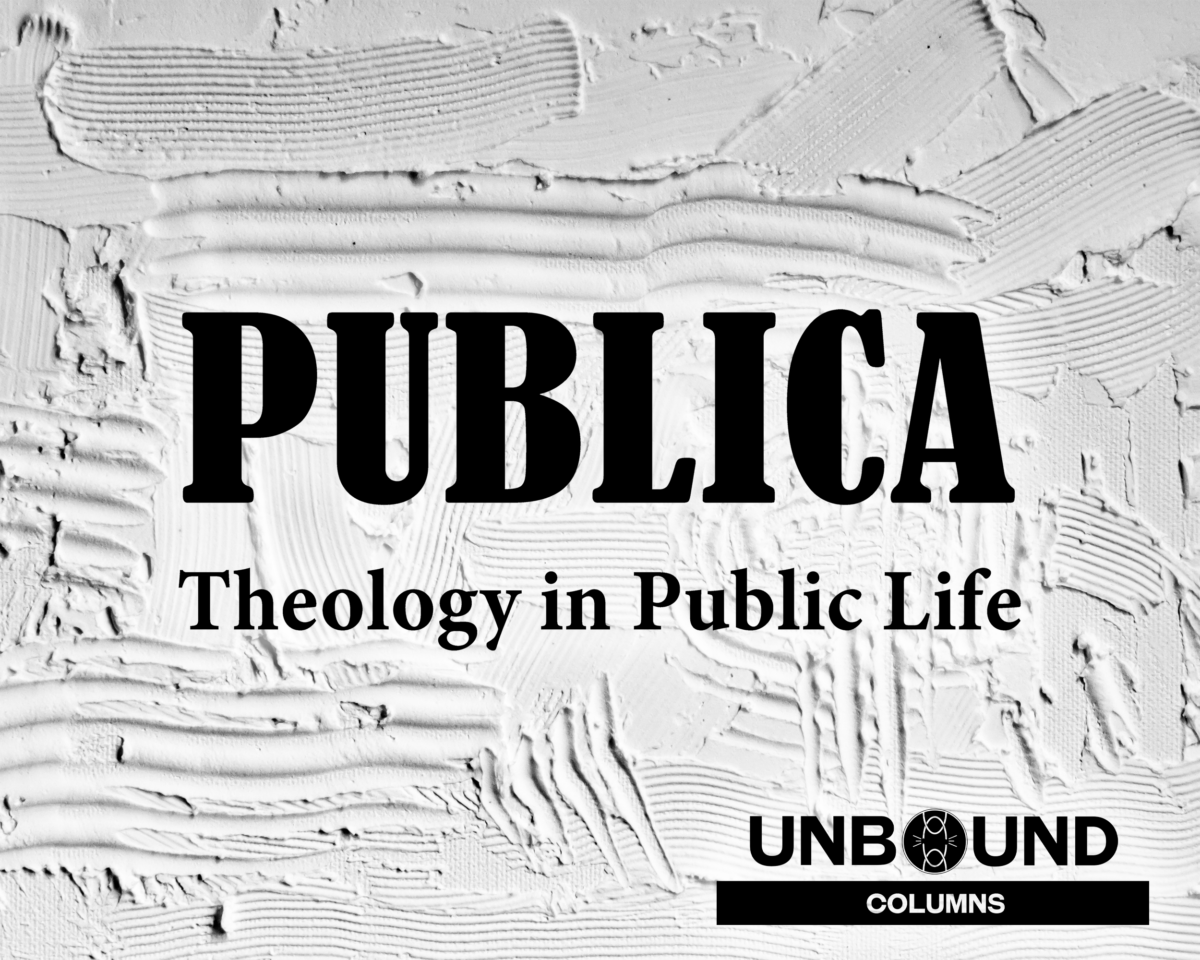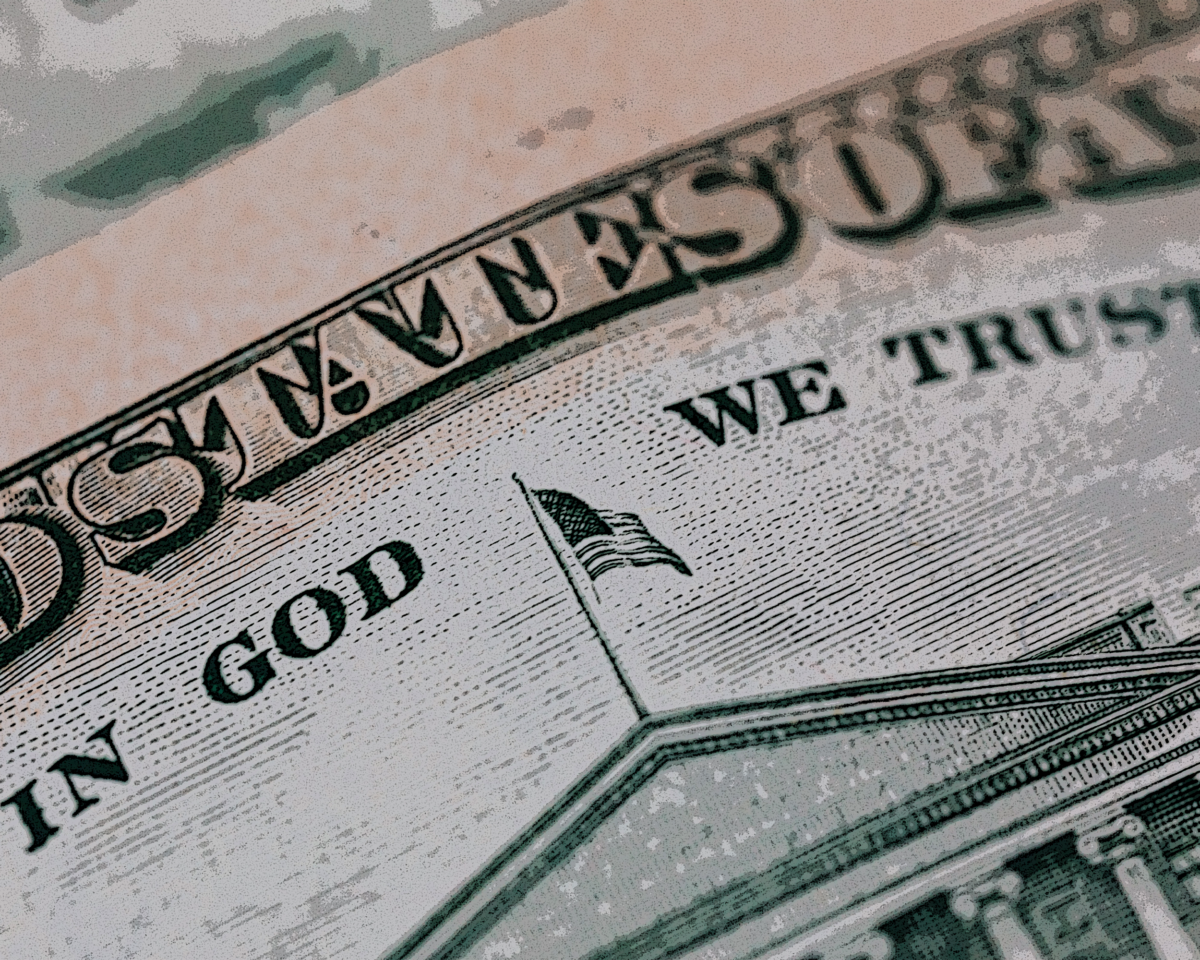In 1967, Canadian radio invited Rev. Dr. Martin Luther King Jr. to give a series of lectures on the issues he considered most pressing at the time. One such issue was the world’s place in the conscience and social responsibility of youth. This series of lectures was then published under the title The Trumpet of Conscience in the year of his assassination.
This issue is of particular importance today. We are at a time when society is a hybrid body marked by absurd contradictions. The alliances of authoritarian and conservative religions with equally racist, oppressive, and culturally overbearing policies are evident. The existential vacuum and superficial approaches to addressing social, economic, political, and environmental problems are “fashionable.” The electoral system has collapsed without being effective as a means of facing today’s historical challenges. The illusion of a representative politician only please the naive. Education as a means of forming a radical and transformative social conscience has failed.
At his conference about youth, and in the context of the war in Vietnam, he pointed to the obvious and well-manipulated propaganda that favored the capitalist democratic model that insolently sacrificed thousands of young people. In that sense King pointed out:
“They explain to the young people that we sacrifice them in the name of democracy, but our allies in Saigon mock every democracy, and the black American soldier has not even come to know it in his home country.”
In this perspective, King’s analysis helps us to denounce that already at that time the place of youth was at risk of being sacrificed to justifying a useless democratic model. Democracy in that sense was declassified as a political model that ensured an option for a new and better world.
It is very relevant to the present moment that by 1967 King would denounce, together with others, that democratic and neoliberal model. His gestation for racial integration and social justice did not ignore addressing and denouncing the historical scenario that served as context for these evils. It was precisely in “democracy”, adorned with a Christianity committed to white supremacy, that a system of values and procedures that proliferate discrimination and institutionalized injustice , in all its variants, had been perpetuated, and still perpetuates. It is in this perspective that the place of youth in this scenario is an essential element to change this dysfunctional social paradigm.
The complexity of today’s world requires an incisive awareness on the part of the young sector. At his conference, Martin Luther King articulated the place of youth in the following:
“They are a new seed of radicalism. Few of them embrace an established ideology; some borrow their theories from ancient revolutionary doctrines; but it can be said that virtually all of them lack a clear idea of what the new society should be. They carry out a serious rebellion against old values but have not yet concretely formulated the new values.”
In this statement, King was warning of the urgency of a truly revolutionary project from youth. The legacy of this prophet can be recovered to the extent that what he pointed out as the need for young sectors to achieve : “a clear idea of what the new society should be”. On the one hand, it involves the formulation of liberating utopia and on the other hand, the design of a coherent and synchronous strategy of civil action.
This youth project will have to denounce and deconstruct democracy as described to us today. The “new society” cannot be open to white racial supremacy, nor to discrimination in all its manifestations, nor to the predatory profit of corporations, nor to naive and authoritarian religiosity, nor to predatory militarism. As this black prophet, a Baptist pastor declared well:
“Another contradiction of the technocratic revolution lies in the fact that, instead of strengthening democracy in our country, it has helped destroy it. The Government and the Cyclopean industry; complicated in a computer mechanism, they have forgotten the person, leaving them out of the system.”
Considering Martin Luther King’s legacy, we urge young people to generate the heroic feat that contributes to radically transforming society as we know it today. This requires a new critical pedagogy, a holistic and pluralistic approach to social analysis, a non-religious revolutionary spirituality, and the direct reinstatement of the person in citizen management or what might be called a “citizen diplomacy”.
The struggle for civil rights, justice, peace, and freedom will always take effect. We must adopt a perpetual vocation for a culture of peace, tenderness, and justice.

Rev. Luis G. Collazo Torres, PHD is a former member of the Hunger Committee of the Presbyterian Church USA and PCUSA ruling elder. He is also a member of Gabriel Garcia Márquez Journalist Association and volunteer for Democracy Now Media. As an author, he received the first prize in 1988 on essays category from the Puerto Rican Ateneo literary contest, and Poetry first Prize from the Institute of Culture of Caguas, PR. He was the director of a National Endowment for the Humanities proposal (USA). He holds a Doctorate in Ministry and a Doctorate (PHD) in Theology.






Unbound Social